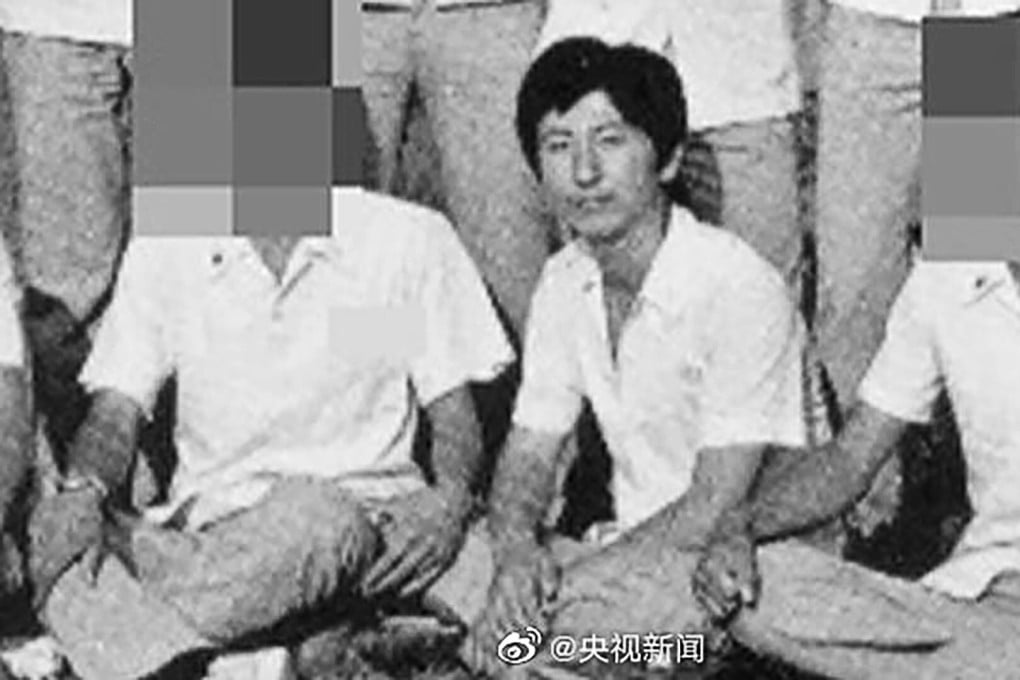South Korea’s Hwaseong murders culprit admits to 14 killings, apologises to man wrongly jailed
- Lee Chun-jae will not face charges for the crimes committed between 1986 and 1991 as the statute of limitations expired in 2006
- The murders were South Korea’s most notorious cold case and inspired the 2003 film Memories of Murder directed by Academy Award-winner Bong Joon-ho

The prime suspect in South Korea’s infamous Hwaseong murders, who confessed to police last year, has admitted in court to 14 killings and apologised to another man who was jailed for 20 years after being wrongfully convicted of one of the crimes.
Between 1986 and 1991, there were 10 women raped and killed in Hwaseong County, about 43km south of Seoul. Victims’ bodies were found dumped in alleys or fields, all gagged, bound and strangled to death with their own stockings or clothes. Their genitals were also mutilated. Victims’ ages ranged from 14 to 71 and they were apparently attacked on their way home at night or early in the morning.
“I am the real culprit,” Lee, 57, told the court.

Lee cannot be charged with the Hwaseong murders because the statute of limitations expired in 2006. South Korea repealed the statute of limitations for murders in 2015 but that cannot be applied to crimes predating that decision.
